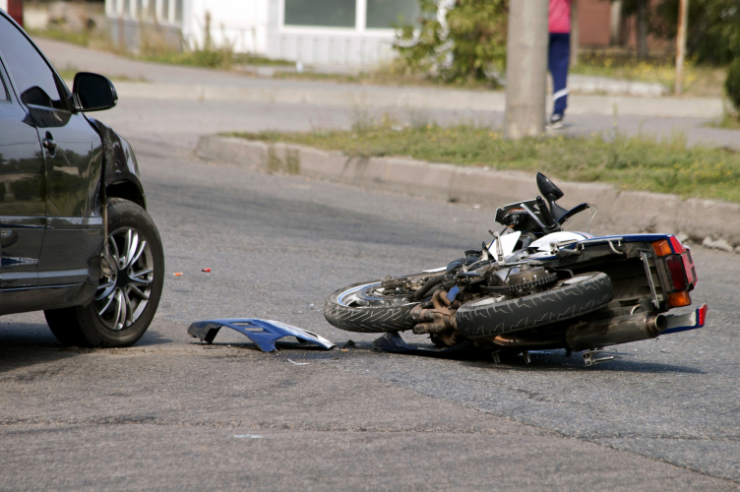A few things in the last week prompted further thoughts about baptism. In addition to the feast this past Sunday, I also recorded an episode for my weekly series “3 Minute Theology,” on the theological theory of limbo. I receive a lot of questions about limbo. This probably can be attributed to the fact that people think it was a dogma of the Church that has now been disregarded. Limbo, however, was never a formally defined dogma of the Church. The Magisterium has never spoken authoritatively on the conundrum of where children go if they die without baptism.
God has definitively revealed that baptism is necessary for salvation (John 3:5). What happens if children or those unbaptized persons who had reached the age of reason but had not committed mortal sin die? Without personal sin, they don’t merit the punishment of hell. Theologians have come up with many different theories, and one of them is the idea of limbo- a place of perfect happiness. There would not be the beatific vision of heaven, but there also would be no suffering. The Church highly respected this theological theory and included it in the Roman Catechism.
When limbo wasn’t included in the Catechism of the Catholic Church in 1992, there was some confusion. Is the Church changing its teaching? The new catechism reads, “As regards children who have died without Baptism, the Church can only entrust them to the mercy of God, as she does in her funeral rites for them. Indeed, the great mercy of God who desires that all men should be saved, and Jesus’ tenderness toward children which caused him to say: ‘Let the children come to me, do not hinder them,’ allow us to hope that there is a way of salvation for children who have died without Baptism” (CCC 1261).
Notice the Catechism doesn’t definitively say these babies are saved or how they’re saved, but ultimately keeps the question open. That means a good Catholic can believe in the theory of limbo if he chooses, or he can reject the theory. A 2007 statement of the International Theological Commission (a body that aids the Congregation for the Doctrine of the Faith) reiterated the hope of the 1992 Catechism.
It is the end of CCC 1261 that I want to draw your attention to right now: “All the more urgent is the Church’s call not to prevent little children coming to Christ through the gift of holy Baptism.” The aforementioned 2007 statement makes a similar plea: “However, none of the considerations proposed in this text to motivate a new approach to the question may be used to negate the necessity of baptism, nor to delay the conferral of the sacrament. Rather, there are reasons to hope that God will save these infants precisely because it was not possible to do for them that what would have been most desirable— to baptize them in the faith of the Church and incorporate them visibly into the Body of Christ.”
There has been a rather alarming trend to delay baptism for new infants for months. In many places, the days of baptizing the baby while they still fit in newborn onesies are gone. Perhaps it is difficult to schedule with the parish, or maybe godparents live far away. Maybe there’s no time for a party or new parents are too overwhelmed.
To say that baptism is important is an understatement. It doesn’t matter if the godparents are there in person or by proxy. Baptize the baby. It doesn’t matter if you have the time, energy, or money for a party. Baptize the baby. If your parish is making you take a baptism class, be thankful that they care about the religious formation of their parishioners and make time in your schedule to take it. Baptize the baby.
We entrust the soul of babies who die before baptism to the mercy of God. That doesn’t negate the importance of baptism for babies. We shouldn’t be laissez-faire about when it happens. We should baptize them as soon as we can. If we really understood the sacrament – the infusion of God’s divine life, the incorporation into the body of Christ, an indelible mark on our souls that can never be removed – we would run to Church to get our babies baptized. Our babies become little temples of the Holy Spirit!
Baptism is so important, the Church gives the power to baptize to anyone if someone is in the danger of death. A non-Christian could even baptize someone, provided he intended to do what the Church intends and he used proper matter and form (water and the Trinitarian formula).
God wills all to be saved. What is more, He wants to make everyone partakers of His divine nature. This is an enormous mystery. He wishes to adopt us as His sons and daughters and draw us into His very life. John reminds us, “See what love the Father has bestowed on us that we may be called the children of God. Yet so we are” (1 John 3:1). He transforms us – not just giving us the title of son or daughter, but elevating us and making us partakers of His divine nature. Don’t delay in giving that to your children. Baptize the baby!
“But when the fullness of time had come, God sent his Son, born of a woman, born under the law, to ransom those under the law, so that we might receive adoption. As proof that you are children, God sent the spirit of his Son into our hearts, crying out, ‘Abba, Father!’ So you are no longer a slave but a child, and if a child then also an heir, through God” (Galatians 4:4-7).















